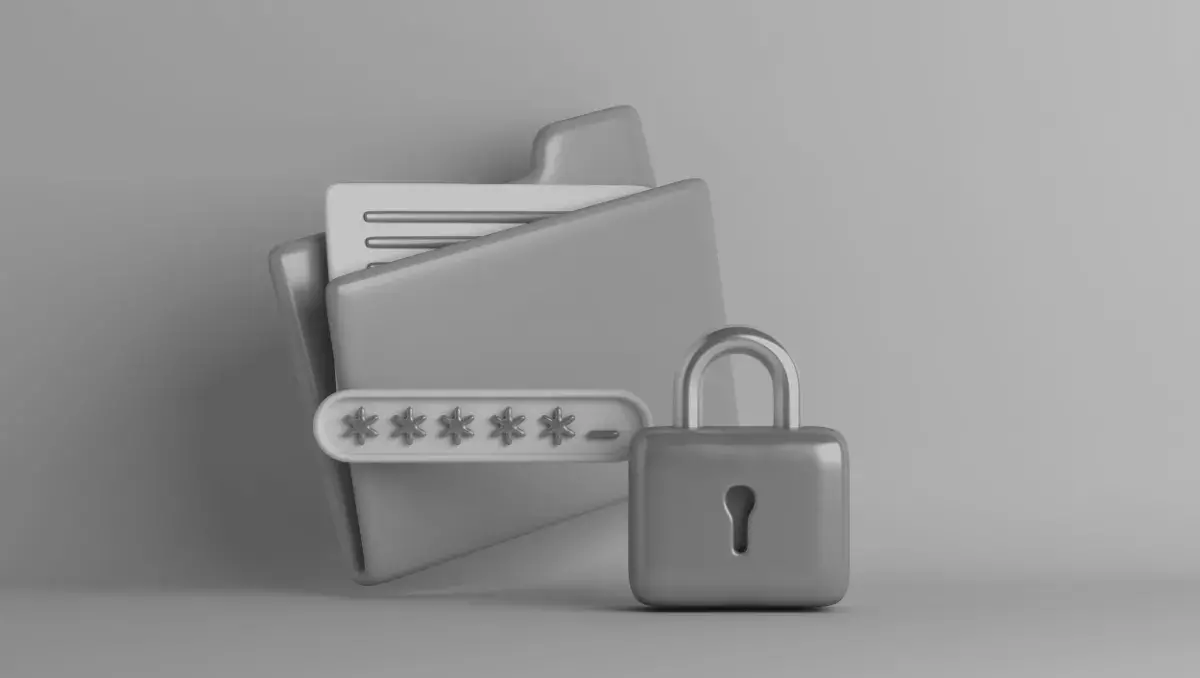
Managed File Transfer (MFT) solutions are designed to ensure that data is secure, controlled, and compliant as it moves between and within organizations. As such, they play a critical role in broader data governance policies and guidelines.
What is Meant by Data Governance?
Data governance can be described as the comprehensive process used to control the security, integrity, availability, use, and usability of the data an enterprise owns, or controls, including the procedures, software, and policies needed to address these needs throughout the organization.
A to-the-point definition from the Data Governance Institute states “Data Governance is the exercise of decision-making and authority for data-related matters.” When it comes to decision making, one of those choices is the technology your organization uses to exchange data. The software choice for security-minded operations is most often robust MFT.
Why Data Governance Matters
Establishing policies around how to govern data use and exchanges serves several purposes for organizations of any size, including:
- Standardizing and regulating data handling: Allowing departments or locations to select from any number of file handling solutions is a recipe for unsecure, non-compliant, and unreliable data exchanges.
- Data quality: When data is business-critical, part of data governance is ensuring that it is protected in transit and that it will arrive at its destination without fail and as intended, without being compromised.
- Role-based data access: Sensitive data should be restricted in how it is used and who can access it based on roles. Software solutions, such as MFT, can streamline this process.
- Compliance: Regulated industries have strict requirements around how data is handled and the fines and reputational harm in not meeting them can be substantial. Governing how data is handled with an official policy and supportive software can help avoid these issues.
- Data security: Establishing policies about safe handling of data to avoid issues of inappropriate access or use can be easily managed with software that applies strong encryption protocols, automation, and administrative controls.
“The enormous amount of data exchanged daily by organizations and enterprises is a challenge in and of itself,” said Chris Spargen, Associate Director, Solutions Engineering, GoAnywhere. “Departments or locations in the same company may be choosing any number of ways to exchange sensitive data, adding to the complexity and insecurity of the process. And, with resources stretched thin, the risks of data being mishandled when relying on manual tasks increases substantially.”
Spargen recommends exploring reputable, vetted file transfer solutions via third-party rankings and reviews to find a solution that meets your needs. “Take the time to read real user experiences to see the benefits of using a robust MFT solution – such as automating encryption, multi-step workflows and triggers, ser-friendly interfaces to encourage organizational adoption of the technology, and customer support that not only can get your organization exchanging data more securely in mere hours, but assist you along the way,” he added.
How MFT Fits into Data Governance?
A robust MFT solution can help organizations manage the complexity of data exchanges, increase the security of that data, reduce risks of human intervention around repetitive tasks, centralize and standardize processes, and help meet stringent compliance requirements.
Investing in comprehensive MFT can help provide the transparency and accountability around data that today’s organizations need, in multiple ways, including:
Compliance and Security: Robust MFT solutions, such as GoAnywhere MFT, from Fortra, automate encryption for protocols such as SFTP, FTPS, PeSIT, HTTPS, PGP, Open PGP, AS2, AS3, AS4, and ZIP with AES to protect files while they are in transit and at rest. In addition, admins can set up authentication and access controls to manage which users or systems are able to access or move data.
This protection, along with the transparency provided by detailed audit trails of all file movements, including who accessed files and when they were accessed, helps meet compliance requirements for PCI DSS, HIPAA, GDPR, and SOX around how sensitive data such as financial information and personal or health-related information is handled.
Centralization and Visibility: A single view of all data transfers is essential to ensuring enterprises are consistent in how they handle data exchanges. And, a user-friendly solution that can provide needed visibility, with real-time monitoring such as alerts on failed transfers, can appeal to those users who might otherwise send files with familiar, free, and potentially unsecure software
Automation: Manually transferring sensitive data has the potential for human error, due to repetition or unfamiliarity. By automating the file transfer process – even complex ones -- you can build in scheduling, trigger-based actions, and multi-step workflows for efficiency.
Data integrity: GoAnywhere ensures that files cannot be corrupted or altered while in transit through checksum validation. For example, when using AS2, users can also request an MDN (known as Message Disposition Notification; sometimes referred to as "receipt") alert to verify that the message was received and decrypted successfully. Using signed receipts to compare the returned message checksum value creates a non-repudiation of receipt (NRR). An NRR gives the sender legal proof of unaltered delivery.
Support for policy enforcement: Limiting access by enabling admins to set access privileges based on their user roles can help support governance policies and guidelines for managing and protecting organizational data consistently and securely.
With a combination of technical capabilities as well as structured controls, MFT is a vital component in organizational data governance. Reading third-party reviews and rankings can help narrow this field to more secure and comprehensive file transfer solutions with the transparency, standardization, authentication, security, and compliance capabilities strong data governance requires.
See How MFT Can Support Your Data Governance
Robust file transfer processes don’t have to be complicated. With GoAnywhere MFT, securing, automating, and streamlining this vital function is user-friendly. See for yourself with a free trial.
